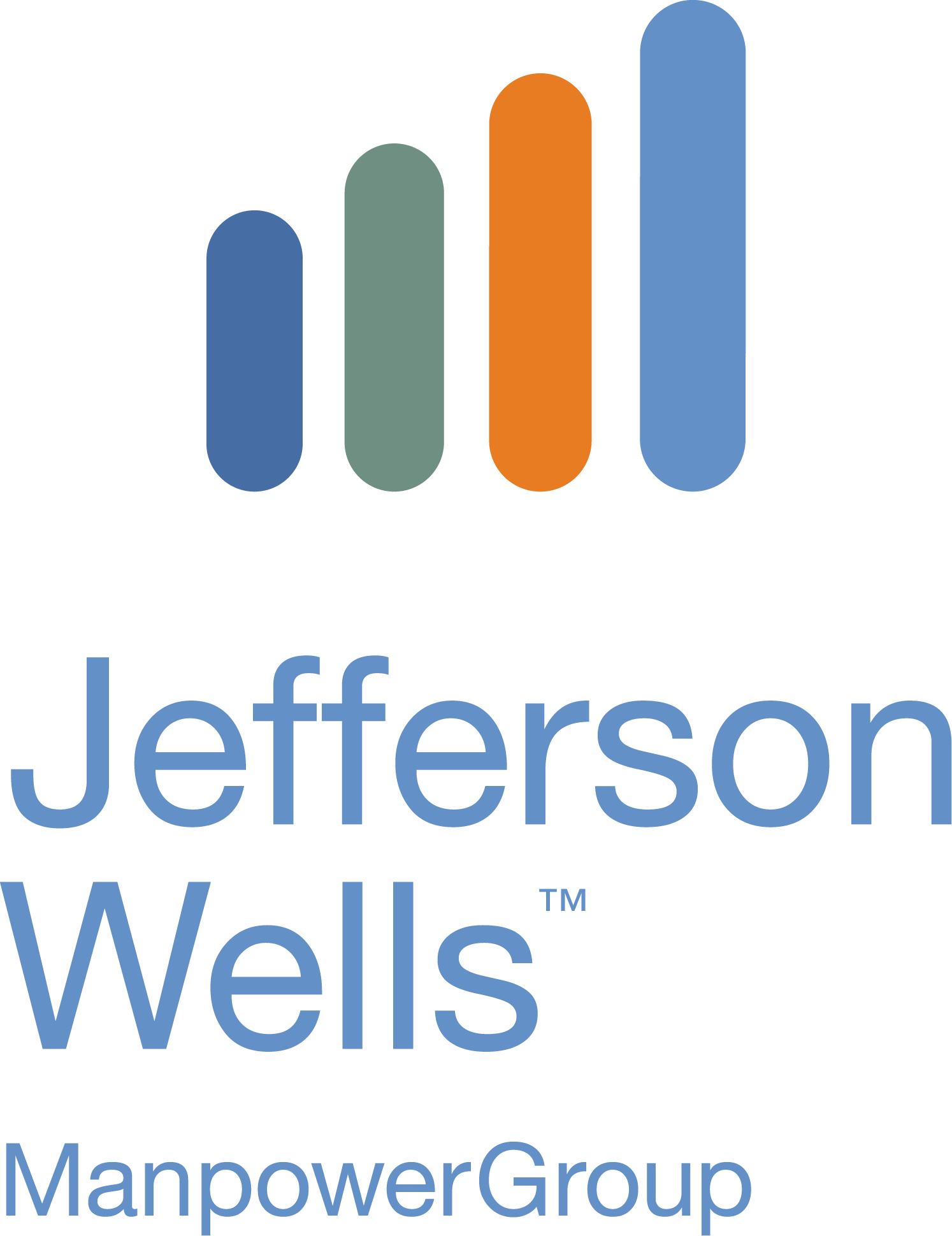What is it?
ESG (environmental, social and governance) is a term that originated in the investment community to evaluate corporate behavior in the areas of sustainability, social responsibility and corporate governance.
Why is it important?
ESG today is an important measure of success, both current and future. ESG investing is projected to reach $1 trillion by 2030. Quite simply, investors, banks and even insurers will factor ESG into whatever lending or investment decisions they make.
As if this weren’t enough, potential employees and potential clients are increasingly interested in your ESG efforts as well. The Governance and Accountability Institute reported that 90% of the S&P top 500 issued sustainability reports in 2019.
How is ESG evaluated?
Perhaps the most robust evaluation strategy in use today for ESG is the United Nations’ list of 17 sustainable development goals. Of the 17 goals, the following are most broadly relevant to today’s companies and organizations.
• Climate Action
• Responsible Consumption and Production
• Life Below Water – Protect, restore and promote sustainable use of the oceans and seas
• Life on Land – Protect, restore and promote sustainable use of terrestrial ecosystems
• Gender Equality
• Reduced Inequalities
• Quality Education
• Decent Work and Economic Growth
Demonstrating your engagement with the Sustainable Development Goals (SDGs) shows all stakeholders that you are walking the walk, not just talking the talk. Some benefits of actively engaging with the goals include:
• Increased brand value and reputation
• Bottom-line cost savings achieved by optimizing operational resource efficiency
• Reduced operational risk
• Human capital is maximized
Source: Royal Institution of Chartered Surveyors (RICS)
How to quantify ESG
While there are as of yet no reporting standards associated with ESG principles, there are many ways you can quantify compliance with the sustainability goals set by the UN or by various governmental bodies.
Over the last two or three decades, five main organizations have developed voluntary standards to measure ESG. These include the Global Reporting Initiative (GRI), CDP, the Climate Disclosure Standards Board (CDSB), the International Integrated Reporting Council (IIRC) and the Sustainability Accounting Standards Board (SASB). In 2020, these entities presented one unified set of standards, known as Stakeholder Capitalism Metrics during the summer meeting of the World Economic Forum’s International Business Council. These metrics represent the world’s first standardized ESG measurements, and companies may use them to align their mainstream reporting on performance against ESG indicators and track their contributions towards the SDGs on a consistent basis.
Along with blending the standards developed by the five aforementioned organizations, the Stakeholder Capitalism Metrics also incorporate standards developed by the International Organization for Standardization (ISO) and others. Certifications such as Fair Trade in the food industry and Leadership in Energy and Environmental Design (LEED) in buildings are solid ways to demonstrate ESG principles.
How to know if ESG is right for your company
There are very few companies or organizations that wouldn’t benefit from an ESG model. And companies whose environmental practices are not strong are especially vulnerable and should set up a program ASAP to remedy the situation.
As companies look to develop an ESG framework, some areas that need to be evaluated are:
• Environmental initiatives and programs (energy usage, waste management, etc.)
• Corporate social responsibility: workplace and community (human rights, health and safety, etc.)
• Corporate social responsibility: market (data security, supply chain management)
• Governance (income equality, ethics, etc.)
Planning for ESG
If you’re at the beginning of the process, here are a few tips.
• First, define what ESG means to your organization (your risk universe)
• If using the United Nations’ SDGs, choose the goals toward which you can make the most impact
• Cultivate buy-in from the top down, or the program will fail
• Develop a Code of Business and Ethics (for suppliers as well)
• Utilize standards to set measurable goals in line with standards
• Establish a hotline to raise ethical concerns
• Include training on ESG awareness
• Engage an environmental management and reporting partner to measure greenhouse gases and social markers
ESG opportunities are everywhere
Quantifying environmental efforts may be the most straightforward part of ESG. But there are many parameters for the social and governance aspects that you may not have thought about. Statistics on gender diversity, equity and inclusion are already available in your system. Consider your commitment to cyber security. Ransomware attacks and compromised customer data threaten the security and well-being of employees and customers alike. The governance piece is all about ways to demonstrate transparency. What is your turnover? What is your CEO-to-average worker pay ratio? This is a measure of ESG that’s becoming widely reported. For example, the average S&P 500 CEO made $15.5 million in 2020, 299 times the pay of the average worker, according to America's largest labor union, AFL-CIO.
ESG reporting is likely to become even more standardized in the future. The International and Financial Reporting Standard (IFRS) foundation is currently working on global standards which would be recognized by the Securities and Exchange Commission.
ESG reporting demonstrates your company’s commitment to important environmental, social and governance standards. There’s no doubt that an ESG program will add value to your organization, both now, and increasingly in the future.
For more information on Jefferson Wells and our ESG services, please contact Regional Practice Directors, Laurence Talley or Tim Lietz.






Comments